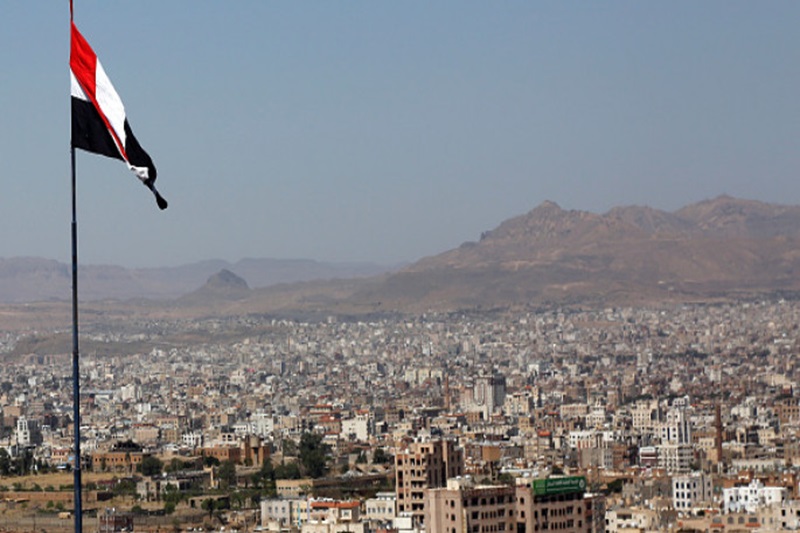
yemeni woman human rights defender sentence to death by huthi court
Fatma al-Arwali, a 34-year-old woman and human rights defender in Yemen, is facing a grave situation.
She was sentenced to death by the Huthi-controlled Specialized Criminal Court in Sana’a on December 5, 2023, accused of aiding an enemy country.
This followed her arrest in August 2022. Her trial has raised serious concerns due to its lack of fairness.
Fatma’s case is not isolated. Since 2015, over 60 individuals have faced unfair trials at the Sana’a-based Specialized Criminal Court, including journalists and political opponents, often on dubious spying charges.
Since her arrest, Fatma has endured severe human rights violations. She was disappeared and held incommunicado, with her family denying any information about her whereabouts for about eight months.
They later discovered she was in a detention center in Chamlan, Sana’a. This enforced disappearance is a violation of international law.
Fatma was charged with collaborating with other Gulf countries and accused of providing locations of Huthi forces and using a fake identity document. These charges carry the death penalty.
During her trial, her right to a fair legal process was blatantly ignored. Her lawyer was not allowed to be recorded in the court proceedings, and Fatma was told she didn’t need a lawyer. She spoke of being held in cruel conditions and requested to see her children.
Despite Yemeni law allowing for a review of her sentence and conviction by the High Court, there are doubts about the court’s independence and impartiality.
There is an urgent call for the Huthi de facto authorities to overturn her conviction and death sentence, ensuring a fair retrial or her immediate release. Meanwhile, it is vital that she has regular access to her family and lawyer and is treated humanely.
Human Rights defenders oppose the death penalty and emphasize the irreversible nature of such a sentence and the necessity for fair trial standards in capital cases.
They urge states with the death penalty to halt executions to abolish it, as it violates the right to life and is the ultimate form of cruel punishment.
The deadline for action on this case is March 28, 2024. Concerned individuals are encouraged to appeal in either Arabic or English or in their own language, to address this critical human rights issue.







